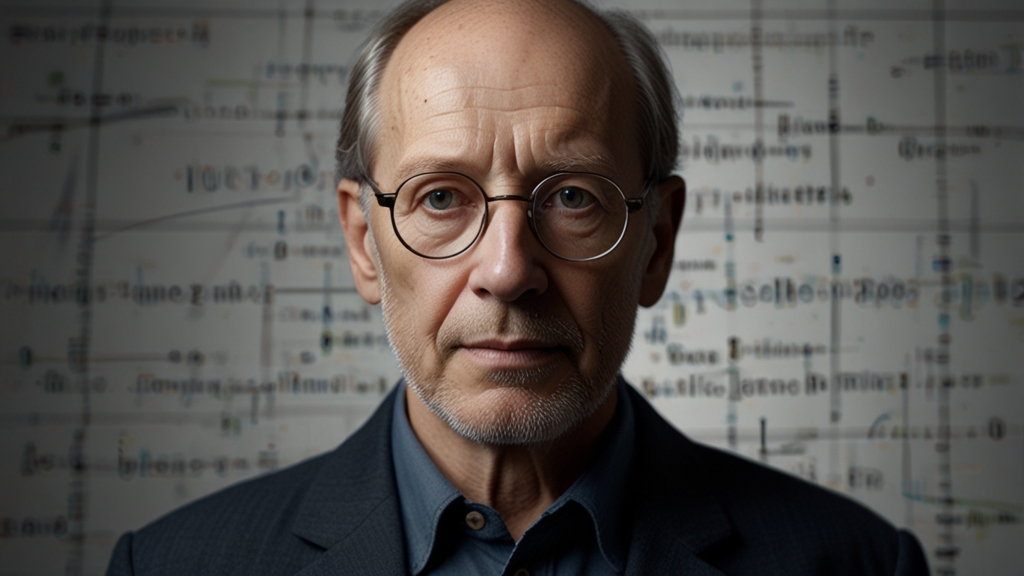Unraveling the Nature of Belief: Insightful Epistemological Theories
Belief is a foundational aspect of the human experience, underpinning everything from mundane daily decisions to profound philosophical inquiries. Epistemology, the study of knowledge, provides a framework for understanding the nature of belief and how it interacts with concepts such as truth, justification, and doubt. This article delves into several insightful epistemological theories that unravel the intricate nature of belief.
Foundationalism: Belief and Basic Justifications
Foundationalism posits that beliefs are structured like a building, with foundational beliefs serving as the base upon which other beliefs are constructed. These foundational beliefs are considered self-evident or basic and do not require further justification. For instance, the belief in the existence of the self or the reliability of sensory perception often serves as foundational.
"Every structure of belief must have a foundation that is self-evident or accepted without question. It is upon these basic truths that we construct the vast edifice of our knowledge and understanding." - René Descartes
While foundationalism provides a clear mechanism for the justification of beliefs, it is not without its critics. Detractors argue that identifying truly basic beliefs is challenging and that what is considered self-evident can vary widely among different cultures and individuals.
Coherentism: The Web of Beliefs
In contrast to foundationalism, coherentism suggests that beliefs are justified by their coherence with a broader system of beliefs. Rather than relying on self-evident truths, coherentism posits that a belief is justified if it fits well with and supports the entire web of interconnected beliefs.
"The justification of any single belief lies in its coherence within a vast network of beliefs. Much like a spider's web, each strand supports and is supported by the others." - Laurence BonJour
Coherentism emphasizes the relational aspect of belief, where each belief's validity is contingent upon its consistency and integration within the whole. A key challenge to coherentism is the problem of circularity, where beliefs might support each other without ever connecting to a grounding in actual fact or truth.
Reliabilism: Belief Through Reliable Processes
Reliabilism shifts the focus from the structure of beliefs themselves to the processes by which beliefs are formed. In this theory, a belief is justified if it is produced by a cognitive process that reliably leads to truth. For example, beliefs formed through perceptual experiences are often considered reliable because sensory perception is generally dependable.
This theory suggests that the reliability of the belief-forming process can vary in different contexts and that understanding these variances provides insight into the justification of beliefs. However, critics argue that reliabilism struggles to account for how we can determine the reliability of a process without appealing to other justified beliefs, potentially leading to an infinite regress.
Pragmatism: Belief and Practical Consequences
Pragmatism offers a more action-oriented view of belief, focusing on the practical consequences of holding a particular belief. From a pragmatist perspective, beliefs are justified if they prove useful or beneficial in practical terms. This utility can be measured by the success of actions taken based on those beliefs in achieving desired outcomes.
Pragmatism emphasizes the dynamic and evolving nature of belief, where beliefs are continually tested and revised based on their effectiveness in real-world applications. However, critics of pragmatism argue that it can lead to a relativistic approach to truth, where differing beliefs may all be considered justified based on varying practical outcomes.
Conclusion
The nature of belief is a rich and complex subject that lies at the heart of epistemological inquiry. From foundationalism's basic justifications and coherentism's interconnected web of beliefs to reliabilism's focus on reliable processes and pragmatism's emphasis on practical consequences, each theory offers a unique perspective on how beliefs can be understood and justified.
The ongoing exploration of these theories not only deepens our understanding of belief itself but also illuminates the diverse ways in which humans acquire, maintain, and revise their beliefs in a constantly changing world.











